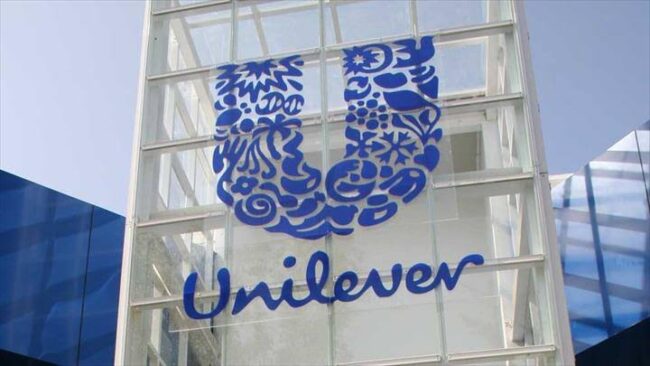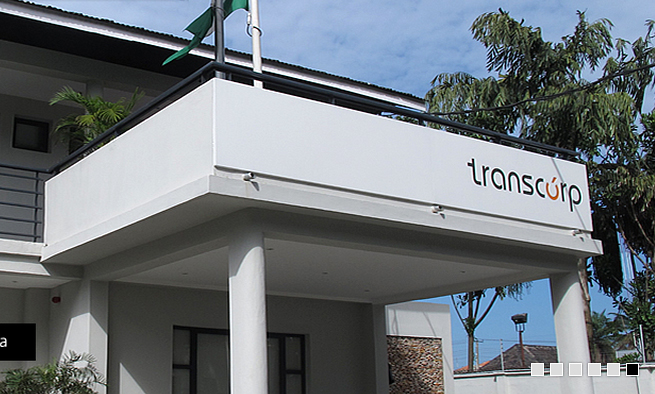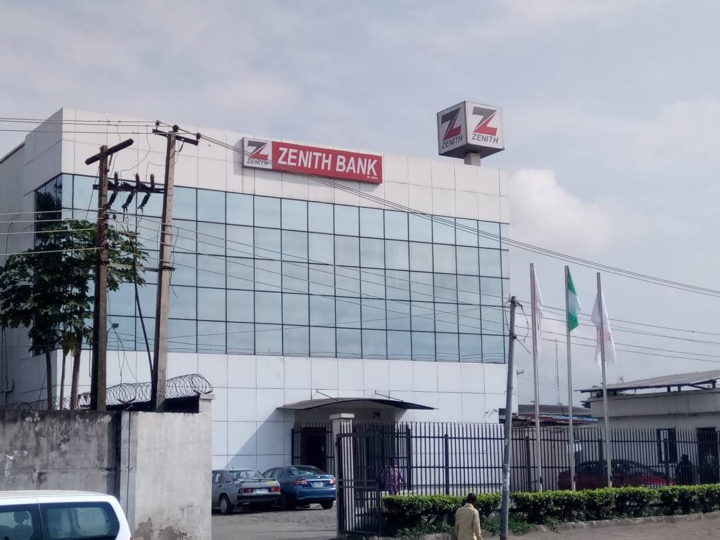Flour Mills of Nigeria (FMN) Plc has run its full financial year to March 2021 with a 126 percent leap in after tax profit to roughly N26 billion. This is the second straight year in which the food and ago-allied company has jerked up profit by triple digit. Its profit had soared by 184 percent in 2020.
The company’s defiant growth in the period of economic lockdown and partial restrictions is rooted in strategic actions. Omoboyede Olusanya, group managing director of FMN, said the company adapted consistently to the year’s challenges and invested significantly in the food segment of the business.
Commenting on the operating results for the year, he said, “FMN is now harvesting the fruits of these efforts and remains committed to braving a continuously uncertain environment with cautious optimism, innovation, portfolio advancement and other strategies outlined in our recent sustainability report”.
The critical factor for the big profit advance in the year is a top record growth of 34.5 percent in sales revenue to about N772 billion. The increase represents additional revenue of almost N200 billion raked in in the year despite the general downturn in economic and business activities due to the coronavirus pandemic.
Advertisement
The company’s key growth drivers for the year are big gains from its agro-allied strategy. Its report said, “our food business grew organically, driven by constant product innovation and transformation in new markets, as well as operational efficiency through route-to-market investments and rapid expansion in the B2C sectors”.
FMN began the financial year in April 2020 with a strong start in the first quarter and gained speed all the way on the earnings track to the strong finishing. Its backward integration strategy paid off in driving revenue and saving cost.
The company expanded its backward integration programme across all value chains, including strategic partnerships with small holder farmers. The outcome is an impressive average revenue gain of 34 percent across all business sectors.
Advertisement
The company’s revenue is generated from three broad market segments, which are food, agro-allied and sugar with strong growth recorded in each segment. Revenue growth was led by the company’s main revenue line, which is food products segment. It contributed roughly 62 percent of group sales revenue at the end of the financial year.
Cost moderation reinforced the strong growth in sales to extend profit capacity. This was achieved by the company’s backward integration programme and steps taken to increase local content in group-wide supply chain. The effort reduced the input cost per unit of sales.
Cost of sales grew at below 31 percent to N665 billion, slower than the 34.5 percent growth in turnover. The high growth in profit in the 2021 financial year is therefore a combination of strong growth in sales with moderated input cost.
Cost of sales claimed 86 percent of sales revenue at the end of the financial year, which is the lowest cost margin for the company since 2016. Conversely, the cost reduction produced the highest gross profit margin for FMN in six years.
Advertisement
The company closed the 2021 financial year with gross profit of almost N107 billion, representing an increase of 62 percent – well ahead of the 34.5 percent growth in turnover. This represents additional earnings of as much as N41 billion in gross profit in the year.
Some cost increases however claimed a good part of the gains in gross profit. There was a major increase in net operating losses, which amounted to N15.5 billion. This is against net operating gains of almost N5 billion in the preceding financial year.
Other cost increases were recorded in selling and distribution expenses that grew by 30 percent to N12 billion and administrative cost that rose by 24 percent to N29 billion. The cost increases were moderated by a turnaround from net impairment loss on receivables of about N3 billion to a net write back of over N2 billion over the period.
Operating profit grew by close to one-half to N52 billion at the end of the year. This was again boosted by an increase in finance income and a decline in finance costs, leading to a drop of about 15 percent in net finance cost to N15 billion.
Advertisement
Interest bearing debts grew from N104 billion at the end of the prior financial year to roughly N133 billion at the end of the 2021 financial year.
Advertisement







